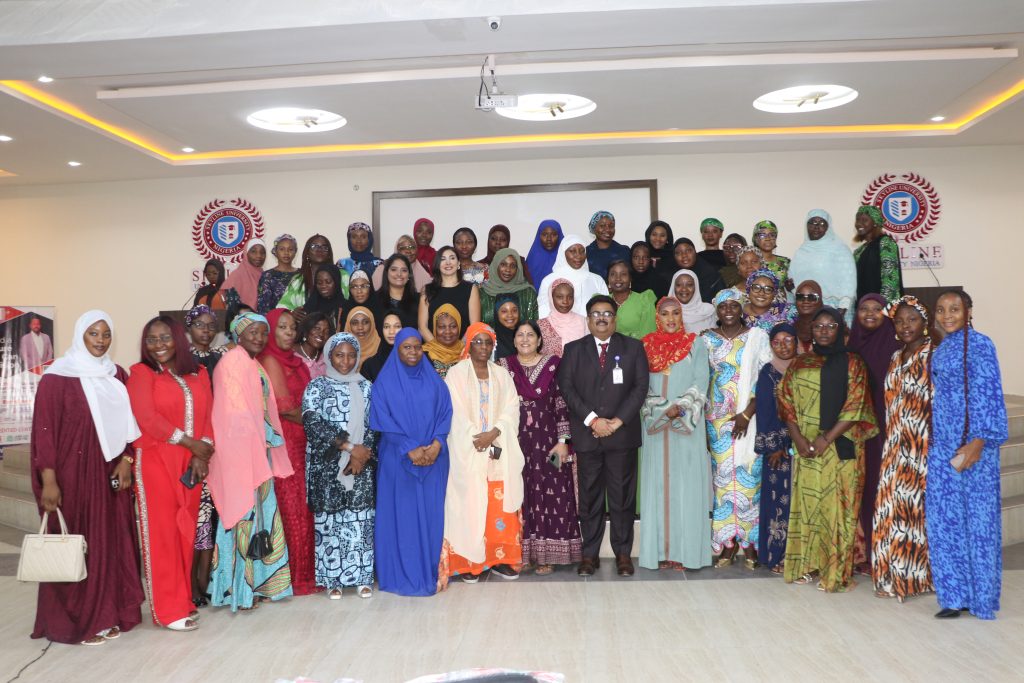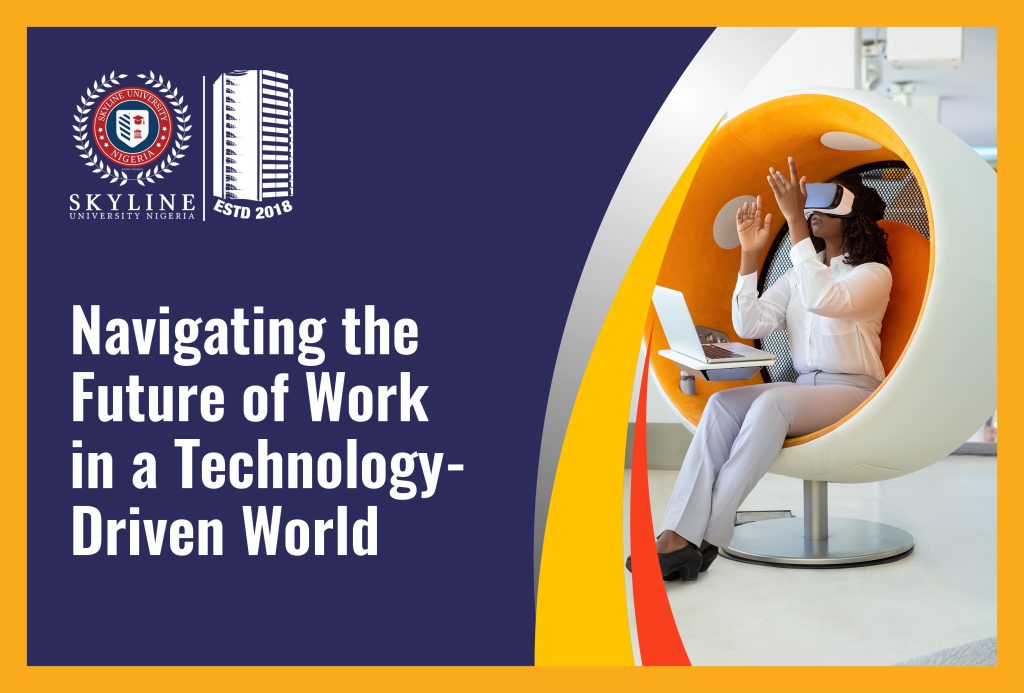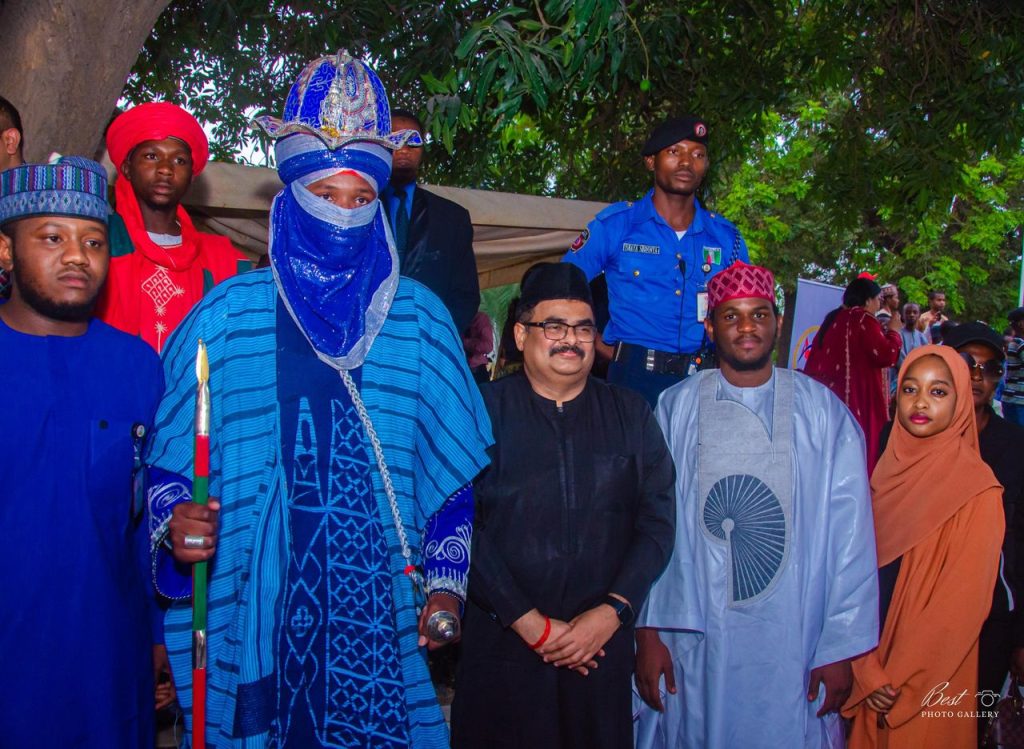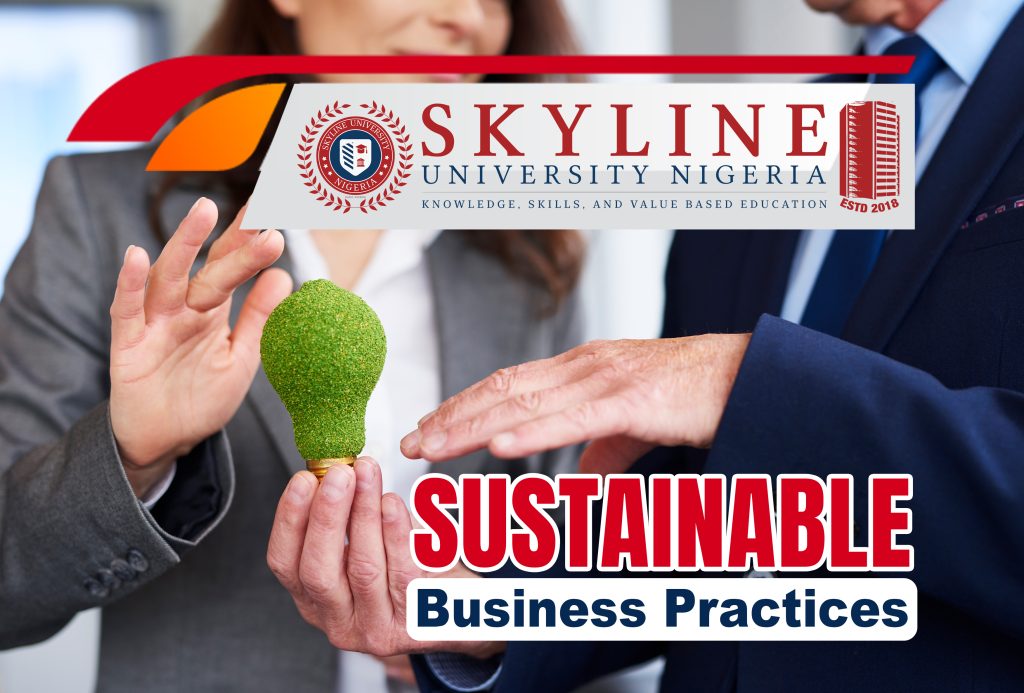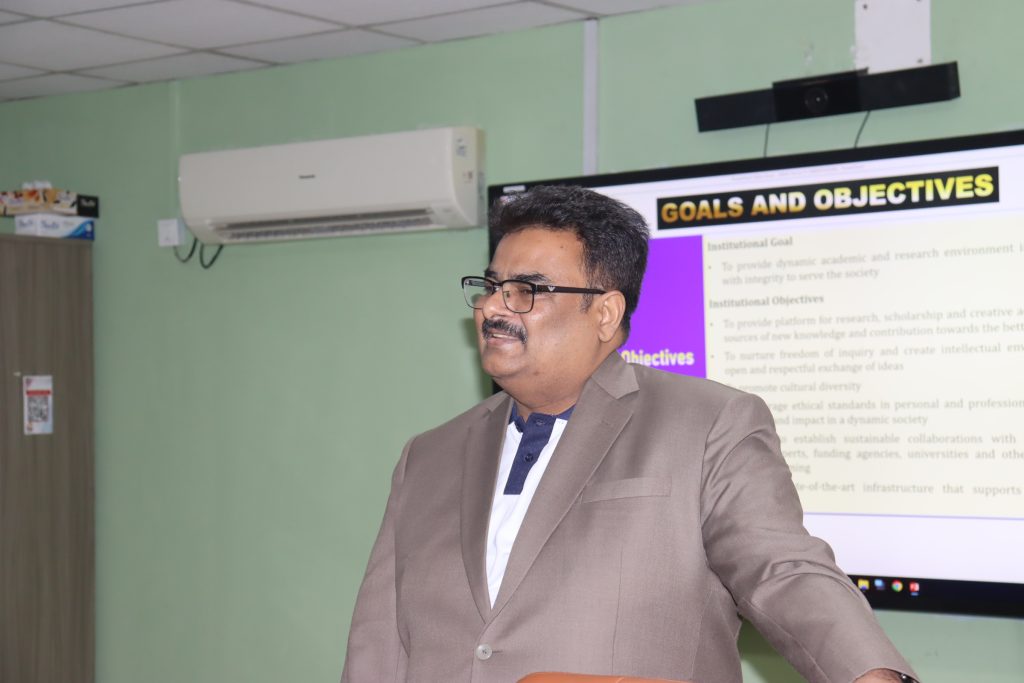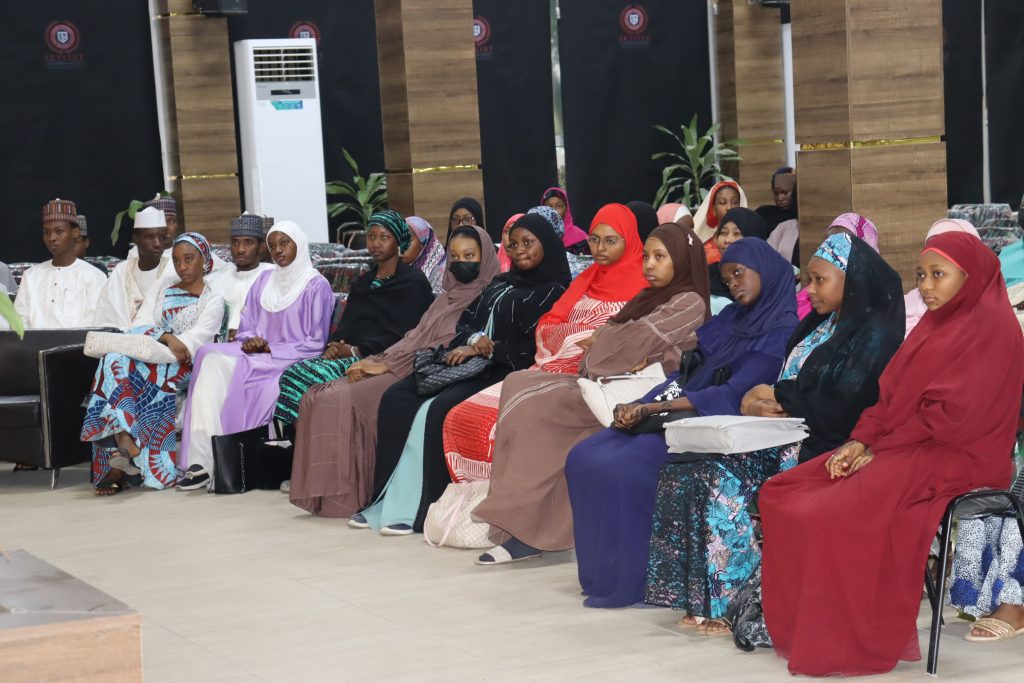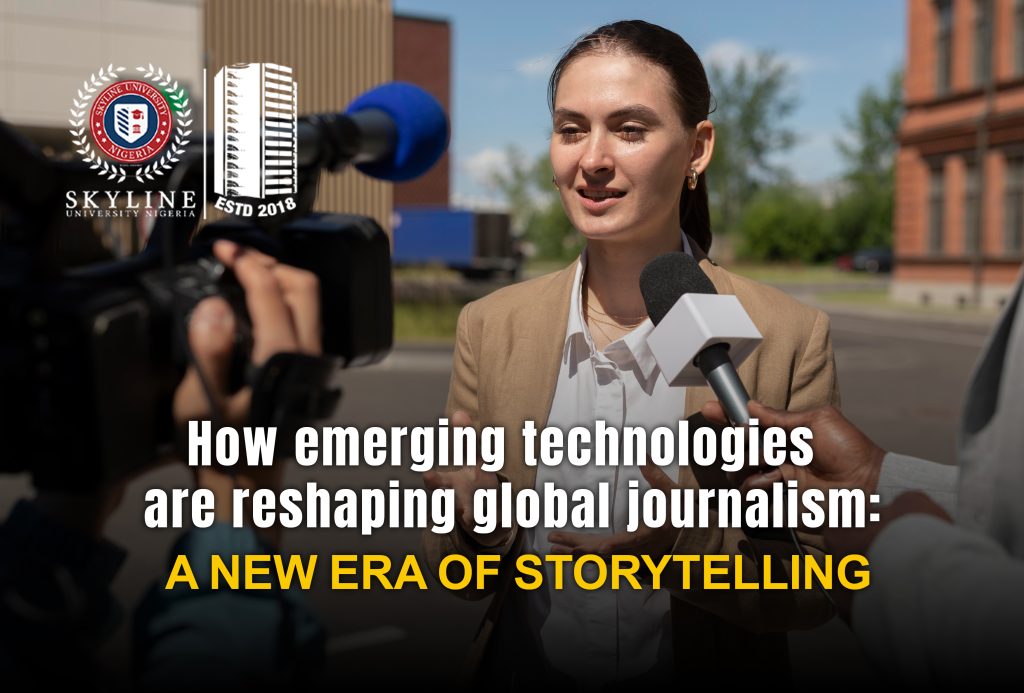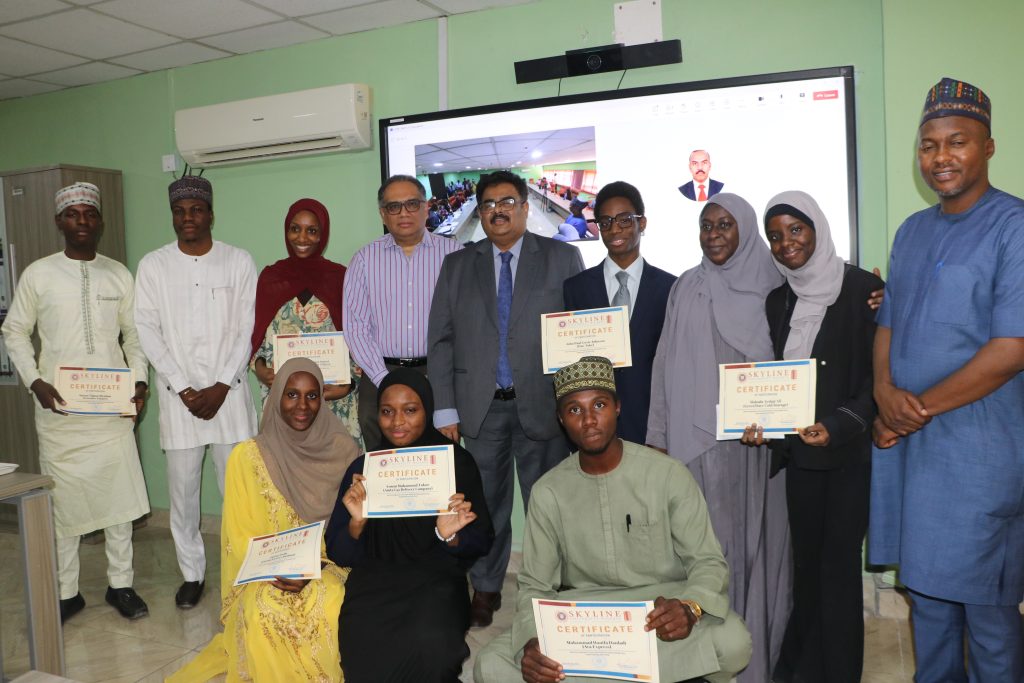Introduction The world of work is undergoing a profound transformation driven by rapid advancements in digital technology. Artificial intelligence (AI), automation, big data, and remote work have reshaped how businesses operate and how individuals engage with their professions. As we move further into the digital age, the future of work will be defined by flexibility, digital literacy, and continuous learning. The Rise of Automation and Artificial Intelligence One of the most significant changes in the workplace is the increasing reliance on automation and AI. These technologies enhance productivity, streamline operations, and reduce human error. In industries like manufacturing, AI-driven robots have taken over repetitive and hazardous tasks, improving efficiency and safety. In the service sector, AI-powered chatbots and virtual assistants provide instant customer support, allowing businesses to operate round the clock. While automation and AI eliminate certain jobs, they also create new opportunities. The demand for data analysts, cybersecurity experts, AI specialists, and robotics engineers has surged. Additionally, soft skills such as critical thinking, problem-solving, and emotional intelligence remain invaluable, as machines cannot replicate human creativity and empathy. Remote and Hybrid Work Models The COVID-19 pandemic accelerated the adoption of remote work, proving that many tasks can be effectively performed outside traditional office spaces. As a result, hybrid work models—where employees split their time between home and the office—have become the new normal. Companies recognize the benefits of flexible work arrangements, such as reduced overhead costs, improved work-life balance, and access to a global talent pool. However, remote work presents challenges, including cybersecurity threats, digital fatigue, and difficulties in fostering team collaboration. Organizations must invest in secure digital infrastructure and adopt tools that facilitate seamless communication and collaboration among remote teams. The Importance of Digital Skills As technology continues to evolve, digital literacy has become a prerequisite for career success. Employees must develop proficiency in using digital tools, data analytics, cloud computing, and cybersecurity measures. Organizations are increasingly prioritizing upskilling and reskilling programs to equip their workforce with relevant competencies. Educational institutions also play a crucial role in preparing students for the digital workforce. Curricula should incorporate coding, artificial intelligence, and digital marketing, ensuring graduates are ready for the demands of the modern job market. Governments and private organizations must collaborate to provide lifelong learning opportunities, enabling individuals to adapt to the changing landscape. The Gig Economy and Entrepreneurial Opportunities The digital age has given rise to the gig economy, where freelancers and independent contractors take on short-term projects rather than traditional full-time jobs. Platforms like Upwork, Fiverr, and TaskRabbit allow professionals to market their skills and work on a global scale. This shift towards independent work offers flexibility and autonomy but also presents challenges such as job insecurity and lack of employee benefits. To support gig workers, policymakers must establish frameworks that provide social security, health insurance, and legal protections. Entrepreneurship is also thriving in the digital era. With minimal startup costs, individuals can launch online businesses, develop mobile applications, or create content on platforms like YouTube and TikTok. Digital marketing, e-commerce, and fintech innovations have opened doors for aspiring entrepreneurs to reach a global audience. Ethical Considerations and Workforce Diversity The future of work must be guided by ethical principles. AI and automation raise concerns about job displacement, data privacy, and algorithmic bias. Companies must implement fair hiring practices, ensure transparency in AI-driven decision-making, and prioritize cybersecurity. Additionally, workforce diversity and inclusion should be at the forefront of organizational policies. Companies that embrace diversity benefit from a wider range of perspectives, leading to innovation and improved problem-solving. Providing equal opportunities for underrepresented groups in tech fields is crucial for sustainable and inclusive growth. Conclusion The future of work in the digital age is dynamic and full of opportunities. While automation and AI transform industries, they also create new career paths. Remote work and the gig economy provide flexibility, but they require strong digital infrastructure and policy support. To thrive in this evolving landscape, individuals must embrace lifelong learning, develop digital skills, and adapt to new work models. Organizations and governments must work together to create inclusive, ethical, and resilient work environments that harness the power of technology for a better future. As we navigate this digital revolution, one thing is certain—the ability to adapt and innovate will be the key to success in the future of work. Miracle Uwa Livinus is a Lecturer II in the Department of Biochemistry, School of Science and Information Studies at Skyline University Nigeria. He has M.Sc in Nutritional Biochemistry from Nasarawa State University, B.Sc in Biochemistry, PGDE in Education from Bayero University Kano. He has acquired professional certificates in Essentials of Infant and Young Children Feeding (IYCF), Human Resources for Health (HRH): Principles and Practices, Gender, Sexual and Reproductive Health, among many others.

